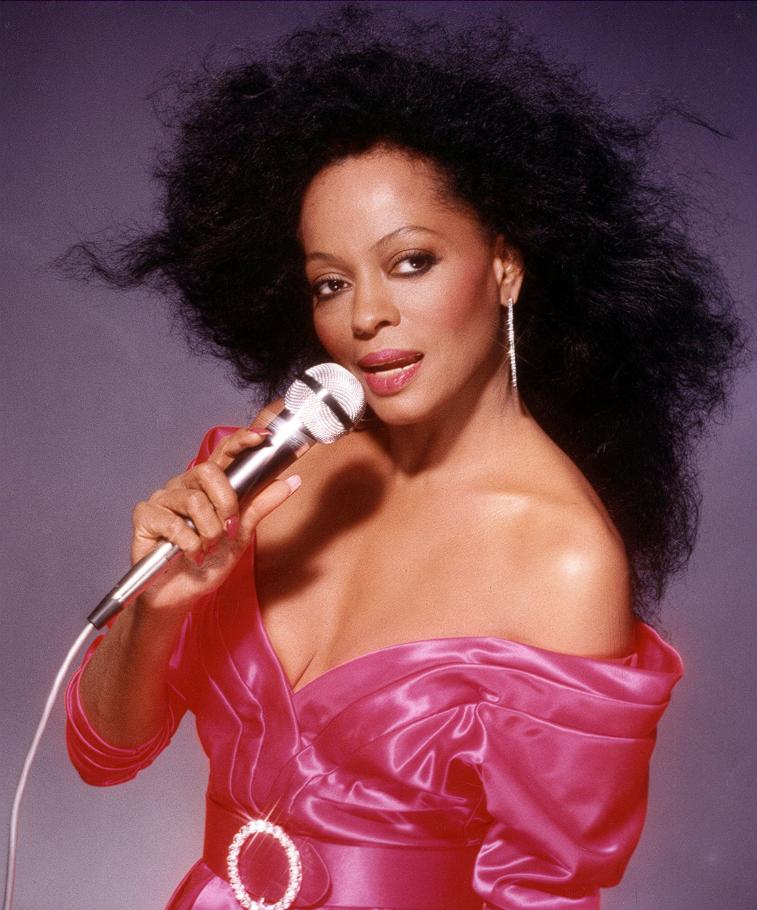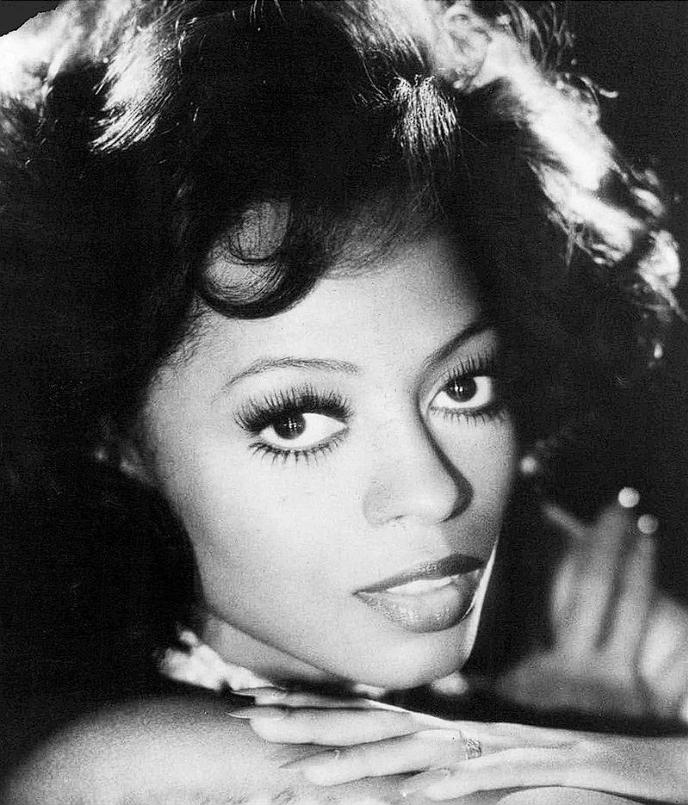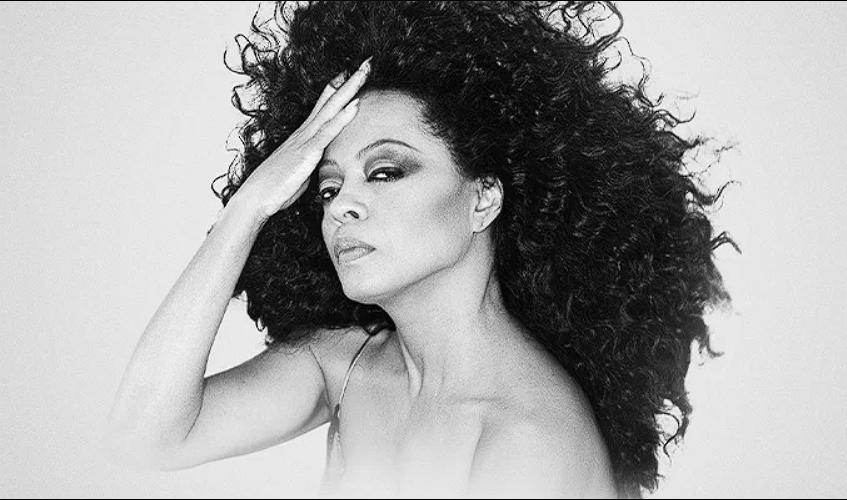Diana Ross: The Trailblazer Who Defined Motown and Music History
Diana Ross is more than just a legendary singer. She’s a force of nature, a trailblazer who helped shape the sound of a generation and set the stage for the future of music. With her unmistakable voice, commanding presence, and unwavering determination, Ross became the heartbeat of Motown, taking it from a burgeoning label to a global cultural phenomenon. Her journey is not only one of incredible musical success but also of breaking barriers, redefining the role of women in the music industry, and inspiring generations to come.
Early Life: A Star is Born in Detroit
From Humble Beginnings to Stardom
Born in 1944 in Detroit, Michigan, Diana Ross was raised in a working-class neighborhood, far from the glamorous world of entertainment. She began singing at an early age, finding comfort and expression in the church choir. But it wasn’t until she joined The Supremes in 1959 that her destiny began to unfold. The group, originally called The Primettes, would go on to become the most successful female vocal group in history, and Ross would emerge as its star. Her voice, powerful and smooth, became the defining sound of Motown, a record label founded by Berry Gordy that was making waves in the music world.
The Supremes: A Global Phenomenon
The Supremes quickly ascended to stardom, and by the mid-1960s, they were dominating the charts with hits like “Stop! In the Name of Love,” “You Can’t Hurry Love,” and “Where Did Our Love Go.” Diana Ross was the face of the group, her striking beauty and captivating stage presence turning her into a beloved icon. But while her fame grew, so did her desire to carve out her own identity.
The Bold Move: Diana Ross Goes Solo
The Transition to a Solo Career
In 1970, she made the bold decision to leave The Supremes and embark on a solo career, a move that many saw as a risky gamble. Little did they know, this was the beginning of a new era. Ross’s solo career exploded almost immediately, as she released hits like “Ain’t No Mountain High Enough,” “Touch Me in the Morning,” and “Love Hangover.” Her ability to cross genres—from pop and soul to disco and jazz—made her a versatile force in the music world. She wasn’t just a singer; she was a performer, a showwoman who commanded every stage she graced.
The Power of Diana Ross’ Voice
Her voice, a perfect blend of power and vulnerability, resonated with fans across the globe, transcending race, gender, and class. She became an icon not just because of her music, but because of her unmatched stage presence, her ability to connect with audiences on a deep emotional level, and her tireless commitment to her craft.
Breaking Barriers: Diana Ross as a Cultural Icon
A Beacon of Possibility
Beyond the music, Diana Ross was a symbol of something much bigger. In a time when African American women were often relegated to the background of the entertainment industry, she became a beacon of possibility. Her success proved that talent, charisma, and hard work could break through the barriers of prejudice and segregation. As the face of Motown, Ross wasn’t just selling records—she was telling the world that black women had a place at the top of the entertainment industry.
Elegance, Grace, and Perseverance
Her career wasn’t without its challenges, though. In an industry where women were often subjected to scrutiny and criticism for their personal lives as much as their professional achievements, Ross faced her share of struggles. Yet, through it all, she maintained an air of elegance, grace, and perseverance. She became a role model for countless women, not just in music, but across all fields, showing that one could be both strong and compassionate, fierce and loving, successful and humble.
Legacy and Influence: Diana Ross as a Timeless Icon
The Legacy of Diana Ross
Diana Ross’s legacy stretches far beyond her chart-topping hits. She has been recognized with countless awards, including the Lifetime Achievement Award from the Grammy Awards, and continues to perform and inspire new generations of artists. Her influence can be seen in the work of countless stars who followed in her footsteps, from Beyoncé and Rihanna to Mary J. Blige and Alicia Keys. Each of them carries a piece of Diana Ross’s spirit with them.
The Enduring Power of Her Music
Through the years, Diana Ross has remained an indomitable presence in the music world. Her voice has evolved, but her impact has only grown. She is not just a pop icon—she is a symbol of the power of music to transcend time, race, and culture. The woman who led the Motown revolution in the 1960s and 1970s remains a beloved figure, a trailblazer who continues to light up the stage and remind the world that no mountain is too high.
Conclusion: Diana Ross – The Woman Who Defined Motown
Diana Ross didn’t just lead the Motown revolution; she defined it. And her story—of struggle, triumph, and unforgettable music—will echo through generations to come.
